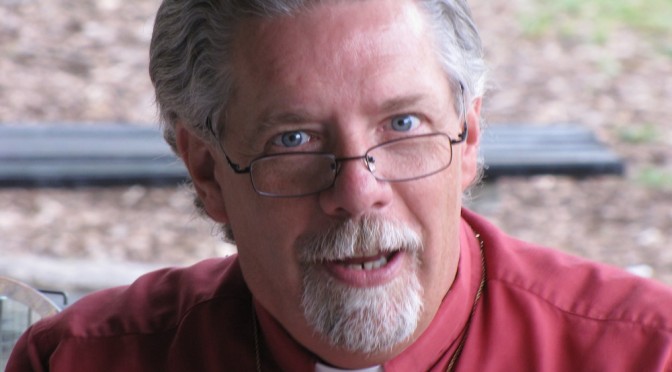
As Christians we’re commanded to love our neighbors as ourselves. And for the most part, we have a tendency to focus on the first part of that command without really thinking about what the latter half actually means.
In an individual sense, I believe it’s just as important to God that we master the art of unconditional self-love as it is for us to experience unconditional love of each other. Because to love ourselves, we have to see ourselves as God sees us. And the closer we come to that perspective, the closer we come to seeing our brothers and sisters as God sees them — which is what draws into a real relationship with God.
In my ministry I’ve come to emphasize the primacy of having an unfettered relationship with God because I fervently believe in God’s power to speak to our hearts in a way that no self-proclaimed intermediary could hope to do. When we love ourselves as God loves us, and when we love others as God loves them, we can hardly go wrong.
There is no doubt in my mind that God has loved Caitlyn Jenner every minute of her life for who she was at that time. For me there is no doubt that God’s love extends to every transgender person on Earth just as much as much as it does to all of God’s children. And there is also no doubt for me that we are commanded to love each other in the same manner.
The beauty of God’s love is that God is with us both in the valley and on the mountaintop — and the quality of God’s love is immutable in either circumstance. God was with Caitlyn for the six decades she was called Bruce as much as God is with her now.
Consequently, God is as much with everyday transgender people as God is with Caitlyn. What that means is that God is acutely aware of the actual reality of everyday transgender existence — which looks a lot less like a Vanity Fair cover and more like under/unemployment, homelessness, substandard healthcare, ridicule, violence, desperation, and the indignities of state efforts to deny transgender people everyday dignities such as being able to carry accurate identification documents or use public restrooms in peace.
Clearly, the indignities everyday transgender people face aren’t what God wants for any of God’s children. And if God is capable of loving our transgender brothers and sisters as much as God does — and is also capable of being with them in their suffering at our collective hands — then shouldn’t we be capable of the same?
If we can’t love our neighbors — truly love them, all of them — then how can we be certain that we actually love ourselves, that we truly see ourselves as God sees us?